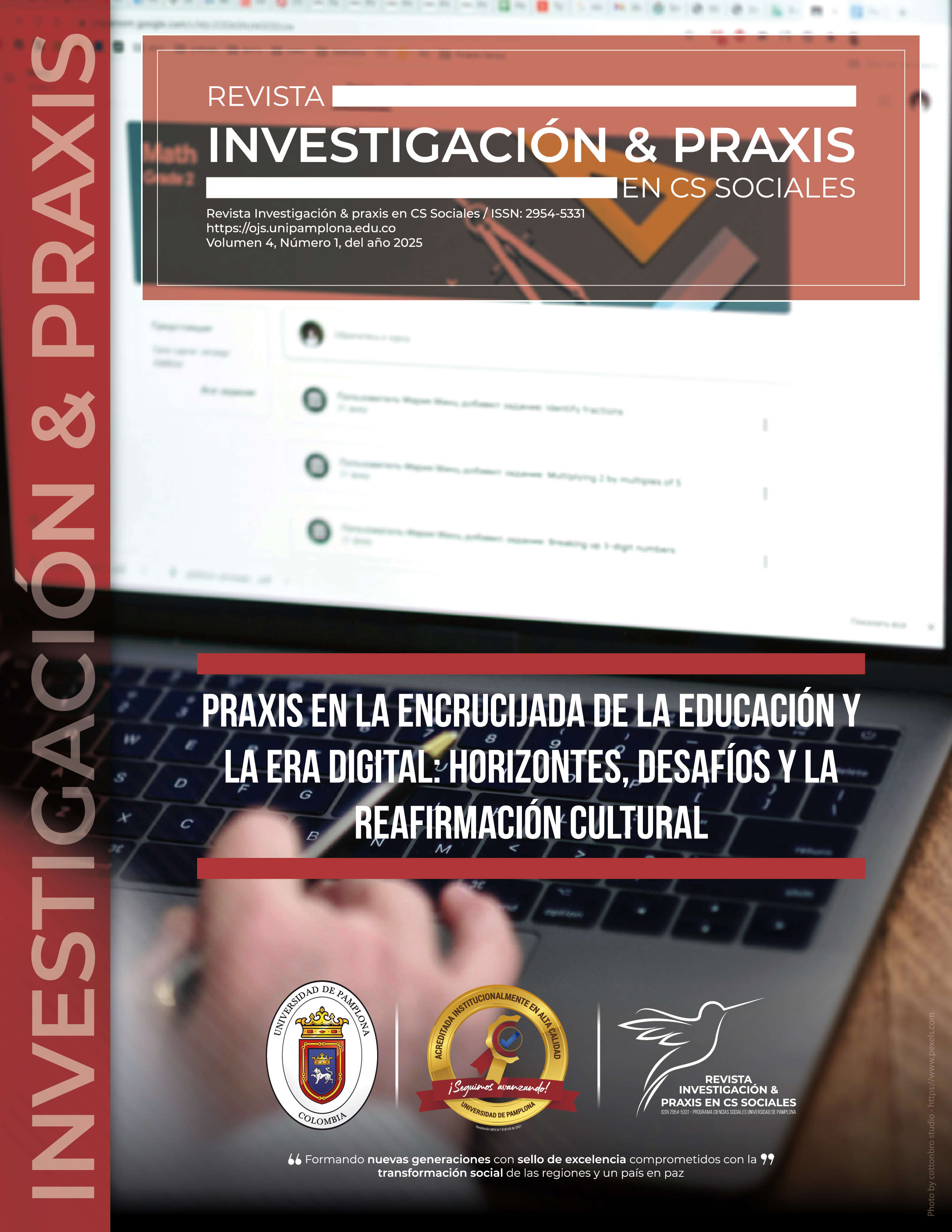The impact of information networks on the evolution of democracy and totalitarianism: a historical and contemporary perspective
DOI:
https://doi.org/10.24054/ripcs.v4i1.4015Keywords:
Mass media, democracy, totalitarianism, information networks, AI (Artificial Intelligence), self-correction mechanisms, misinformation, fictionsAbstract
This bibliographical research examined the fundamental role of information networks in shaping human political systems throughout history, from the Stone Age to the Artificial Intelligence (AI) era. It analyzed how the ability to connect large masses of individuals through fictional narratives was crucial for large-scale human cooperation, enabling the emergence of tribes and nations. The evolution of information technologies, from storytelling and written documents to the printing press and 20th-century mass media, was explored, highlighting their impact on the viability of democracies and totalitarianisms. The printing press facilitated the rise of large-scale democracies but also the spread of "religious fantasies, fake news, and conspiracy theories".
The research contrasted the "naive idea of information," which assumes that more information leads to truth and wisdom, with a "complex idea" that recognizes the balance between truth and social order. It was argued that, historically, order was often maintained through fictions and lies, and that the pursuit of truth could undermine social order. The development of self-correction mechanisms in democracies and scientific institutions was analyzed, contrasting them with the absence of these mechanisms in totalitarian regimes. Historical cases such as the European witch hunt and collectivization in the Soviet Union were discussed, where toxic information and fantasies imposed by networks resulted in humanitarian catastrophes. Finally, the implications of AI were addressed, which, by acting as "agents" capable of making decisions and generating ideas autonomously, poses unprecedented challenges to democracy, privacy, and the global balance of power, potentially leading to new forms of totalitarianism or digital anarchy.
References
Arendt, H. (1973). The Origins of Totalitarianism. Harcourt.
Harari, Y. N. (2015). Sapiens: A Brief History of Humankind (Ilustrada). HarperCollins.
Harari, Y. N. (2017). Homo Deus: A Brief History of Tomorrow. Harper.
Harari, Y. N. (2018). 21 Lessons for the 21st Century. Spiegel & Grau.
Harari, Y. N. (2024). Nexus: A Brief History of Information Networks from the Stone Age to AI. Debate.
Kurzweil, R. (2024). The Singularity Is Nearer: When We Merge with AI. The Bodley Head.
McMeekin, S. (2021). Stalin’s War: A New History of World War II. Basic Books.
Miller, C. (2022). Chip War: The Fight for the World’s Most Critical Technology. Scribner.
Suleyman, M., & Bhaskar, M. (2023). The Coming Wave: Technology, Power, and the Twenty-First Century’s Greatest Dilemma. Crown.
Zuboff, S. (2018). The Age of Surveillance Capitalism: The Fight for a Human Future at the New Frontier of Power. PublicAffairs.
Published
How to Cite
Issue
Section
License
Copyright (c) 2025 Revista Investigación & praxis en CS Sociales

This work is licensed under a Creative Commons Attribution 4.0 International License.










